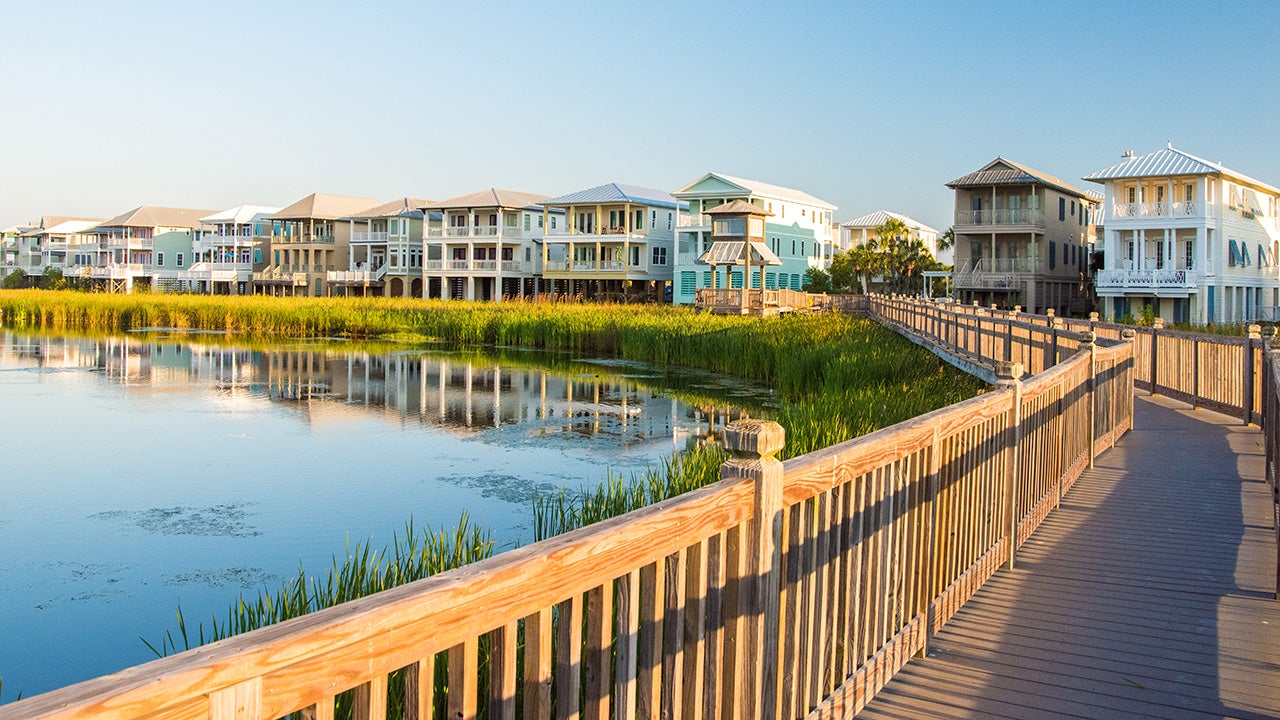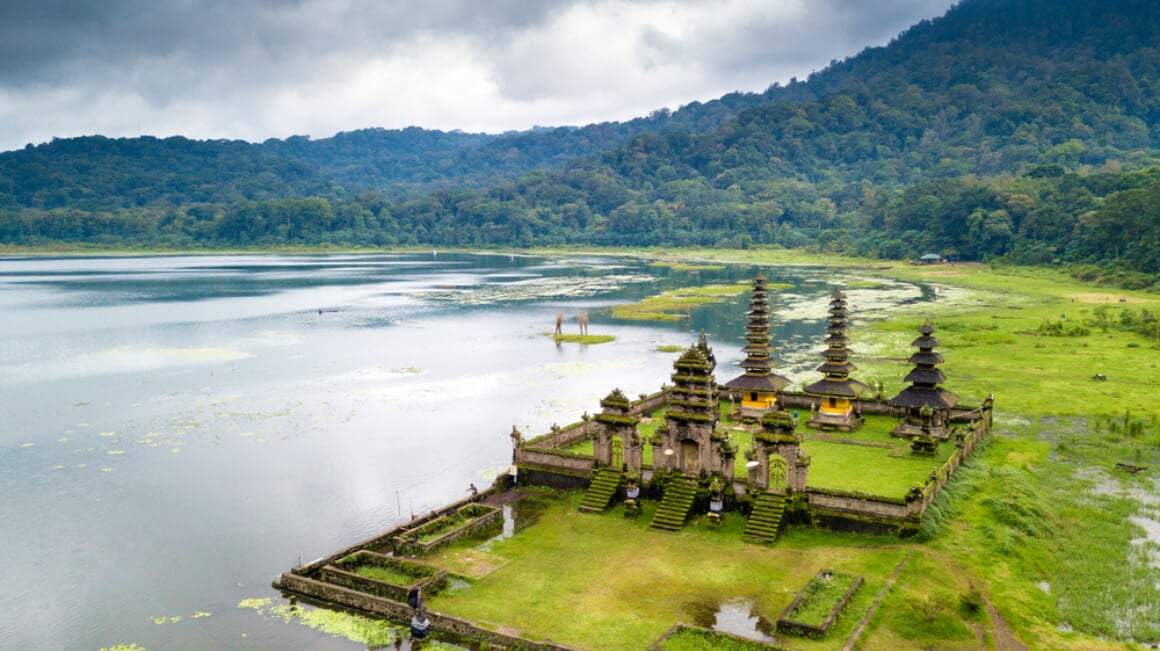The sunshine state of Florida is known for its beautiful beaches, theme parks, and stunning architecture. However, owning a home in Florida comes with certain risks, such as damage from hurricanes, floods, and wildfires. homeowners insurance florida is essential to protect your investment and provide peace of mind in the event of unexpected challenges. In this article, we will provide a comprehensive guide on understanding homeowners insurance in Florida, including what it covers, types of policies, exclusions, and more.
Table of Contents
What is Homeowners Insurance?
Homeowners insurance is a policy that provides coverage for property damage and liability protection for homeowners. It covers damage to your home, personal property, and other structures on the property. Homeowners insurance also covers medical expenses and liability for injuries to others on your property. In Florida, homeowners insurance policies generally have three main components: coverage for the dwelling, personal property, and liability.
Types of Homeowners Insurance Policies

There are several types of homeowners insurance policies available in Florida, each providing a different level of coverage. The most common types of policies are:
HO-1: The most basic type of policy that only covers specific perils, such as fire, lightning, and theft.
HO-2: A step up from HO-1, this policy covers additional perils such as falling objects, damage from aircraft, and water damage from burst pipes.
HO-3: The most popular type of policy in Florida, HO-3 covers a wide range of perils, including all those covered under HO-1 and HO-2, plus damages caused by hurricanes, hail, and windstorms.
HO-4: Also known as renter’s insurance, this policy covers personal property but does not provide coverage for the dwelling.
HO-6: Designed for condo owners, HO-6 provides coverage for personal property and improvements made to the interior of the condo.
Important Exclusions to Consider
While homeowners insurance typically covers a lot, there are certain exclusions to be aware of. For example, if you live in a flood or hurricane-prone area, you may need additional coverage to ensure your home is protected from these types of damages. Additionally, damages caused by wear and tear, vermin or pests, and earth movement (such as sinkholes or mudslides) usually are not covered in standard policies. Always read the fine print and talk to your insurance agent to ensure you have the right coverage for your specific needs.
How Much Coverage Do You Need?
The amount of coverage for homeowners insurance in Florida will depend on several factors, including the value of your home, any improvements or upgrades, and personal belongings. It’s important to conduct a home inventory, including information about each item’s value and condition, to ensure you have the right level of coverage. Be sure to consider any additional liabilities, such as a pool or hot tub, that might require extra liability coverage.
Conclusion:
Homeowners insurance is essential in Florida to protect yourself and your investment from unexpected events such as natural disasters and accidents. Choosing the right homeowners insurance policy requires understanding the types of policies available, the exclusions, and how much coverage you need. Talk to your insurance agent to ensure you have the right coverage and peace of mind. Remember to keep your policy up to date and assess your coverage regularly to make sure you have adequate protection.


